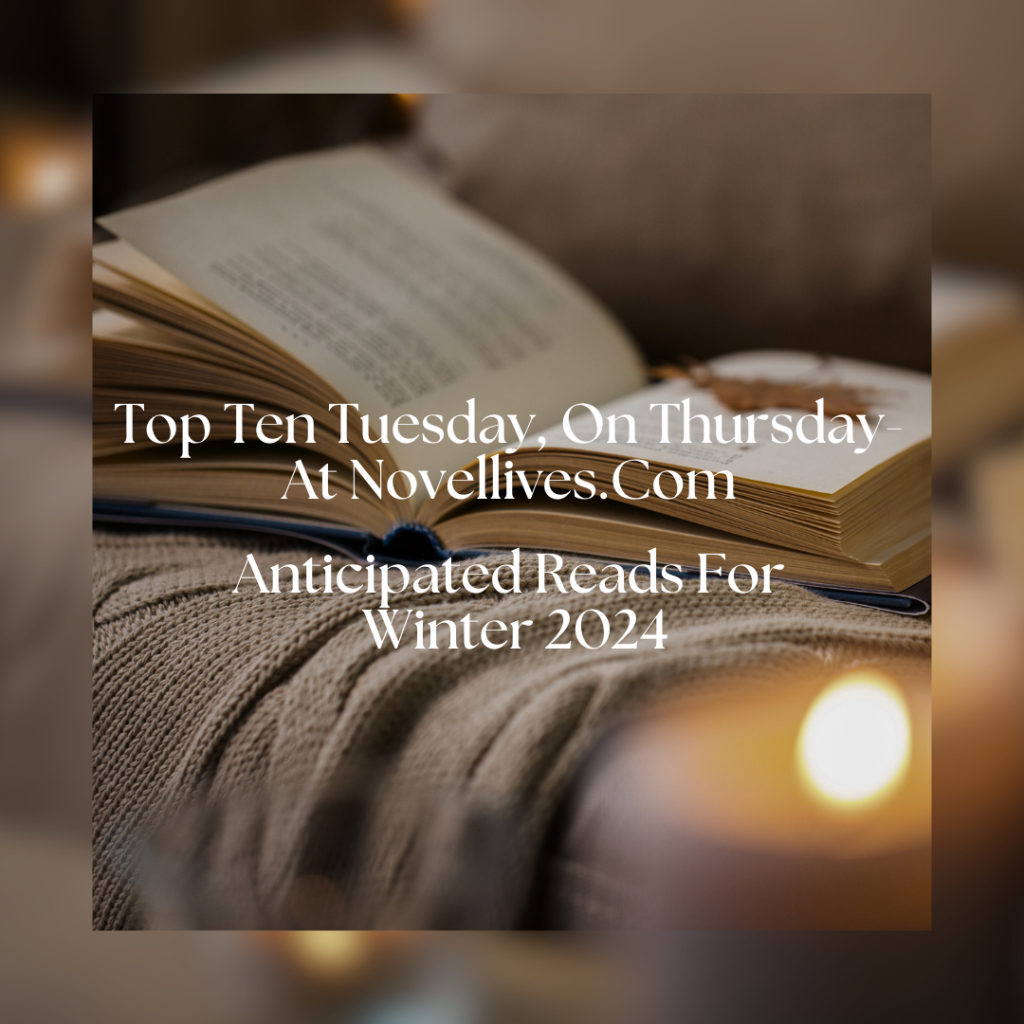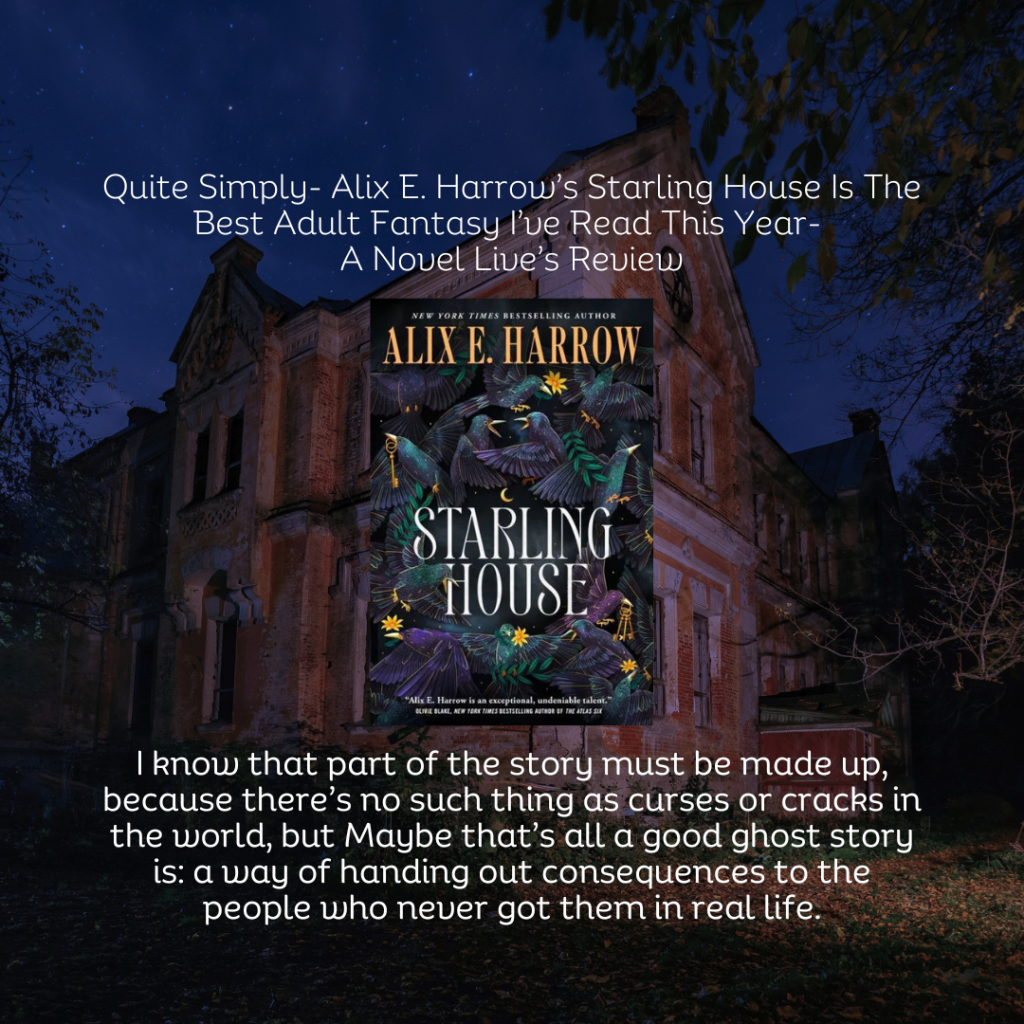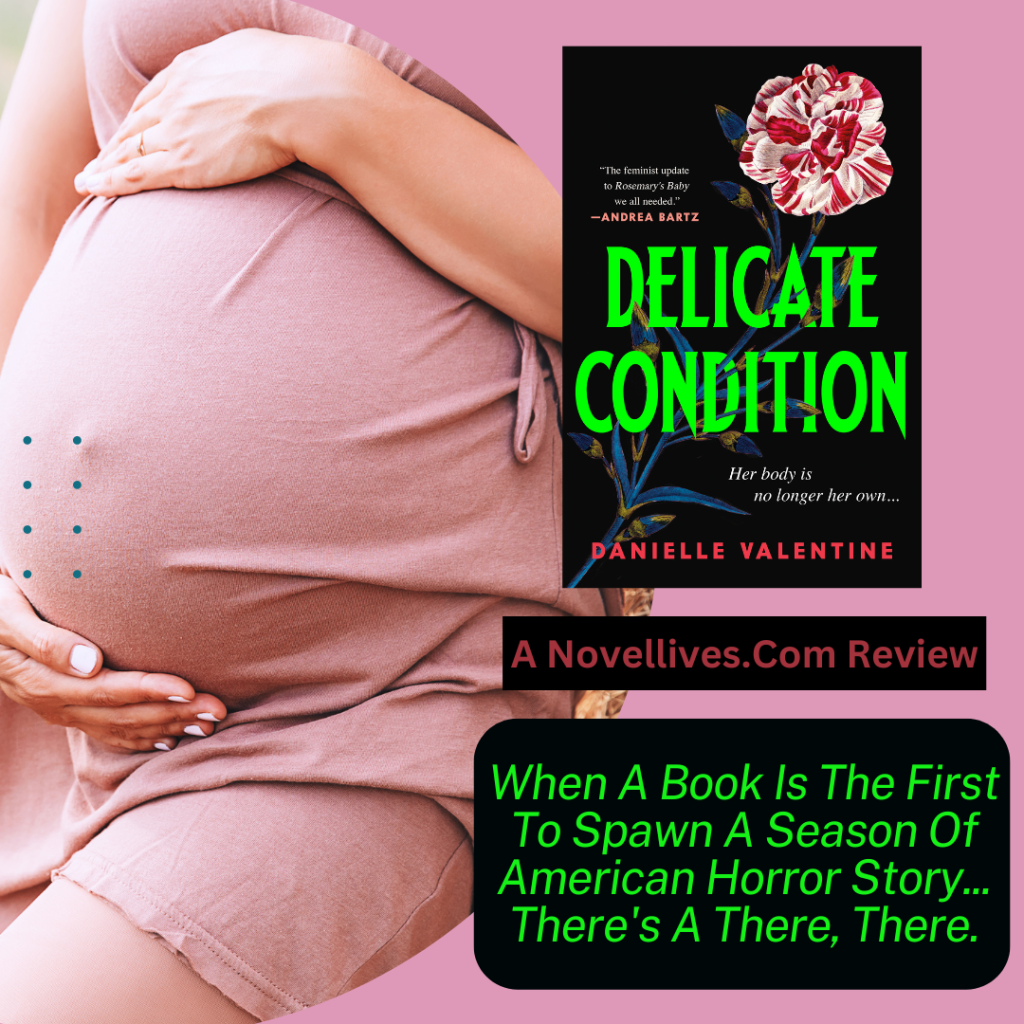Author Sara Faring Returns
Sara Faring is the second author that I have had the honor to interview twice (Kimberly Belle was the first). To my astonishment, there are two more coming: Kelly Coon and RJ Barker. The first time an author agrees to an interview, I figure well, this might be a shock to the system. If they decide to do a second interview? Well. They know what to expect, and hopefully, I can figure out how to provide it because now I don’t have the element of surprise. EEK! The first time I interviewed Sara Faring was right before her debut release, Tenth Girl. And now, after the release of her follow-up White Fox.
Talk about being hit by a bullet train. The Tenth Girl jumped the shark and then came around to take a selfie with me, for proof. When I received an ARC of White Fox, I was doubly shocked to find Ms. Faring was still following me on Twitter. So, I shot her a meek little DM asking for a repeat performance. And she said yes. Apparently, talking about divisive writing structures, fruit brains, and moods were all good. And so here we are.
If you have not had a chance to read my review of Sara Faring’s White Fox, there aren’t any spoilers. There is, however, a lot of emotions and empathy feelings flying all over the place. It is a special read. From both the tangible content to the experience of falling into Sara Faring’s writing. That is to say, the stylistic side of her writing. To use a different metaphor than my review- it is about any song you know (for me I think of Champagne Supernova by Oasis), where the meaning isn’t derived by taking the lyrics literally, line by line. It is the music and lyrics together, on the whole, that gives the song its meaning and feeling. It is larger than life. White Fox does both. It has a tangible and brilliant plot. It also has that grander than itself feel through Faring’s writing style.
There are similarities and differences between White Fox and Tenth Girl, but let me not retype the entirety of my review, here. The link is above! Lord knows, my posts have become long enough. PS. The bright blue type is me being me, after some of Sara Faring’s answers.
With that in mind, let’s get this started with a fun question. I really had no idea what to expect in return!
- So I’m going to start off with a really fun question because it just hit me when I was redoing my website.
One of the important sections is dedicated to author interviews. Unfortunately, not all of the graphics from last year’s interviews showed up well. However, your bio picture popped in perfectly. And it made me notice something. One of my cats (stay with me here), Liam, is quite known for a certain look. So when I looked at these two pictures, I noticed a similarity in the eyes. I can’t quite put a finger on it. Maybe you could help me out here?
I’m guessing the peanut gallery might have a say.
Ha! I’d guess Liam and I are kindred spirits. (Fierce exteriors, but we’re marshmallows around those we love.)
2) Noni and Tai are very unique. There were both distinct physical and emotional characteristics that I picked up on that demonstrated their differences. Can you talk about creating them? Noni repeats phrases, picks at things (in an OCD way) a lot, and how Tai’s voice changes when she’s excited.
Noni is more realistic about their childhood and what their current reality is, whereas Tai needs to hold onto the dream that she’s created around their childhood and what she believes her mother was, still is- because it is who Tai is, now. Did I pick that up correctly? What else went into their ying/yang? And creating their characters?
Absolutely. The most delicious part about writing multiple points of view in the first person is that each voice can reflect the nature—and neuroses—of that character in extreme and subtle ways.
The sisters grow up in the shadow of two larger-than-life parents, and each sister learns to hone her sense of self by leaning into the role she played around her parents as children, as well as the contrast between her role and her sister’s.
Noni, the older sister, was shy, introverted, and watchful as a child, and her mother celebrated those qualities so she would not feel inferior in a society that values extroverts; in some ways, Noni’s emotional development stagnated when her mother disappeared, and even as a teenager, she never fully dives into new relationships, choosing to protect herself and simply observe—at a terrible cost.
Tai, the effervescent extrovert who considered it her childhood duty to entertain and lighten the mood, also fails to find a true connection with others after her mother disappears, but instead of withdrawing like Noni, she pushes herself into endless superficial encounters with admirers who will give her the affirmation she has come to crave (the nutrient-free, “diet” version of real, nourishing love).
On her own, each sister feels free from this dynamic (“I was the moon sister, and you were the sun sister”) and almost stable in her sense of self. But that’s an illusion, and this illusion shatters when they come back together again on the island of their birth to unravel the mystery of their mother’s disappearance.
3) I spoke to another author (M.R. Carey- I apologize for not noting that in the original question) recently about a trend in books around deadly plants/environments, recently. He said that artists create things from what is already in their subconscious.
Both White Fox and Tenth Girl deal with technology. Is that something that you find on your mind- a concern with technology’s part in our world and how it is currently, and in the future, going to shape our lives? This is one of the numerous examples from White Fox:
I never felt pain at all, because I woke up scrolling through my phone and I fell asleep scrolling through my phone, but sometimes I hoped I would die that way because I wouldn’t realize I’m gone.
I’ve been fascinated by technology’s effect on our humanity since I was an awkward pre-teen who noticed 1. how godly I felt having a universe of information at my fingertips 2. how human emotions, in all of their beautiful complexity, tend to corrupt the aim of those granted godlike powers in… seconds.
But I’ll talk about social media here since it’s central to White Fox—after all, Tai (a wannabe influencer) presents herself to us through her carefully crafted two-dimensional social media persona at first, before having the courage (or waking up enough?) to speak for herself. Noni, her sister, views her with scorn, but she devotes many hours to being a social media voyeur every day and night.
Social media has boomed since I was young, and it was so gorgeously designed to keep us trapped in a feedback loop of our most enervating human emotions so that we are indeed distracted forever. Every single day we use it, every single hour, social media does more than shape our perceptions of the world and the very nature of truth (ugh): it also warps our emotions and our sense of self in ways we likely do not see, much less understand.
I could preach about this forever. But I’d rather let you read the book.
4) I don’t remember who, but someone recently said something that really angered me. They were talking about Marvel/MCU universe of movies as it came to an end with EndGame, and comics in general. He basically demeaned anyone who needed that format to understand heavy themes about the world, society, justice, etc… Having worked in education for 15 years, we teach students that you learn about yourself, others, and the world through fiction.
Secondly, even as adults, I often believe art provides a safe place for many to express and experience topics they are afraid to discuss publicly. There is a trend, this summer, with Adult Psychological Thrillers (female authors) around women’s bodies, and the different ways men are trying to control them- from rape to pharmaceuticals (infertility and otherwise). While it is wrapped up in these twisted stories, they are incredibly important, women-centric themes.
With all that in mind, there is a quote in White Fox that really hit home for me because it really hit the nail on the head:
He looks into his beer. “That’s not ridiculous. That’s how sensitive people make sense of things, by working bad things into stories they can digest.”
Was this a purposeful inclusion on your part?
Absolutely. That’s one of the reasons I began writing. Not just to escape, per se, but to shape dark parts of my own life into something I could find meaning in: a story.
Let me get really dry for a minute: it’s been scientifically proven that humans process information better when it’s provided to them in a narrative.
With that being said, part of the fun of writing White Fox was layering many different people’s narratives onto the sisters and watching as they work out their truth—that is to say, the narrative that gives the heavy burden of loss in their lives (a burden we all share, at one point or another) its meaning.
While science is not my strong suit- I love having the data in my back pocket. Those are receipts! Bring them on! There isn’t anything dry about it!
5) Another theme I found throughout White Fox was light chasing dark and vice versa. That is very relevant to 2020. Can you talk more about that theme and how you played it out in the book and if you are comfortable, how you see it playing out in society.
In times of great fear, snake oil salesmen do a boom business because everyone wants a magical solution to the woes faced by the world. I think, unfortunately, we only find solutions through hard work—by delving into these systems that benefit from our ignorance (be they the systems of oppression in place in our country or the hateful habits ingrained in our own minds by its society) and taking our time to work out our exact place in them and how, exactly, we can begin to dismantle them. However, I also believe we must train ourselves to always look for the shimmers of light—of kindness, of clarity, of compassion—inside that darkness, to keep ourselves going. After all, it’s our privilege as imperfect human beings to cling to something as beautiful and absurd as hope 🙂
Thank you to Sara Faring for not just agreeing to this interview but for being such an authentic, beautiful spirit in the world.
6) One of the central questions in White Fox is around Tai and Noni’s parents. Readers are left to draw their own conclusions about what they did, why, and how they left things for their daughters. Without spoilers, can you talk about how you decided what was enough to leave in/leave out so readers had a chance to draw conclusions throughout the story, rather than everything always having tangible answers that Tai and Noni find for themselves? Even if they do, there is enough said or unsaid for readers to decide whether they agree/disagree.
We exist in a world composed of shades of gray. With enough empathy, patience, and creativity, you will discover that even our most hateful villains are victims of the system they grew up in. That does not make them any less responsible for their actions. But as a fiction writer intrigued by radical empathy, I doubt I’ll ever write a novel that outright indicts a person. I’m much more interested in showing you the many shades of who they are and why they do what they do, and allowing you, the reader, to find the echoes of their behavior (reprehensible or not) in the dynamics in your own life.
7) Adding to the above, like Tenth Girl, I believe White Fox, on the whole, will be a divisive book. As we talked about in your last interview, it is your writing style and structure that lends itself to being very loved or hated with readers. It is brave to stick with what you love in the face of that knowledge. I, for one, am forever grateful for those that write in this style/structure and stick with it. Was there ever any thought given to changing it up?
I enjoy dipping in and out of different characters’ consciousness because it reflects just how diverse our understanding of the world can be. I also consider myself a bit of a prose maximalist who loves layering strange details into my books—this is my personal stamp on my work, the wink at the reader that turns it into a private conversation between us.
I will reveal that in my new project, I’m writing for a slightly different audience, and the narrative begins in third person past—as opposed to first-person present—because the story unfolds over several years. Does that count as a change?
Not necessarily. The Third-person can still provide that creep-fest slow-roll plot that won’t be bullied into moving any faster or revealing itself before it is ready. This is especially true, I *think* if you are jumping between timelines that affect each other in a menacing way. I am now completely freaked out by what this might be and who it is being written for!!!!
8) I have to ask about the structure as far as the play. I loved the writing within the writing with the different formats. The first book I read that had that type of structure was Heidi Heilig’s For a Muse of Fire. And then I fell in love with it!
I was thrilled to see a script and interview format integrated within White Fox, especially with clues being embedded in the White Fox script. How did that idea come about, and how did you plot it out in your head? Was one written completely, first? Or was it all written at the same time?
I included the White Fox script in the first book I ever wrote. As I realized the story was about two sisters rediscovering their world-famous mother, I decided there was no more delicious way to incorporate red herrings than to layer in the absolutely far-fetched stories crafted by her many devoted fans, the sensationalist media, and other “bad actors” with their own agendas (so often desperate for our overstimulated eyes to land on them).
8) What can you tell us about your next project?
I have a short story that I view as a reimagining—a feminist reclaiming—of the story of my great-great-grandmother’s poisoning by tomato in 1910 Argentina. That’s due to come out in 2022 in a Wednesday Books anthology.
Your Great-Great-Grandmother was poisoned by a tomato or she told you a story about a poison tomato that you are reimagining? Or did she poison someone with a tomato? I need this story. Because of either who did she poison? Or what did she do to get poisoned? Or where this fairy tale come from? Whatever the story is… phew.
And then I have my new book, which I can’t say much about, except that I’m dreaming about diving in again this week. It’s saved me during this year, without a doubt.
9) Who are you reading now- what are you looking forward to during the last four months of the year?
I just read my friend Rory Power’s new project, due to be published sometime next year—she just revealed its title: The World Ends Here. With her extraordinary signature minimalism (and a heady dose of weird science), she explores the egocentrism that sustains humans—on a personal level, and on a global level. I loved it.
NOOOOOOOOOOOOOOOOOOOOOOOOOOOOOOOOO! So how much would I have to pay you? Or Rory? Or anyone? I need it. I need this in my life.
I am looking forward to, among others: Tana French’s new book, Naomi Novik’s new book, V.E. Schwab’s new book, Emily M. Danforth’s new book, Bryan Washington’s new book, Sayaka Murata’s new book.
Tana French – The Searcher? I have that shelved on Edelweiss!!! I did a buddy read of Addie LaRue with Becky (my review is coming shortly – she beat me) and it is INCREDIBLE!
AND Plain Bad Heroines- OMG- I have a hard copy ARC that I am about to dive into – and MERCY! I am just dying!
10) How is the ripe fruit moon brain doing?
Oh, gosh, it’s feeling a bit depleted right now. But don’t worry. I’ll find a Japanese maple changing its leaves, plant myself under it, and bring along some books and notepads. In a few months, I could be as good as new. (There’s that very human hopefulness again).
11) We talked about mood music and reading last time. With White Fox, the woods are a character onto themselves. There are the trees coming to life (not literally but it feels like it). I felt claustrophobic with my own feet just sinking into the cushion, soft dirt… Plus all that might be in the woods. Of course, there is also the definite mood of the play. What music, atmosphere, candles, etc… would you think is best to have around while reading White Fox?
Dusk when the seasons change; the rhythm of crickets; a candle of your choice as long as it reminds you of the forest; as big a window as you can find, with shimmering lights (stars, cars, reflected moonlight) behind it.
Sara Faring Bio
 Photo Credit Emily Lipson
Photo Credit Emily Lipson
Born in Los Angeles, Sara Faring is a multi-lingual Argentine-American fascinated by literary puzzles. After working in investment banking at J.P. Morgan, she worked at Penguin Random House. She holds degrees from the University of Pennsylvania in International Studies and from the Wharton School in Business. Sara Faring currently resides in New York City.
Sara Faring’s latest novel, White Fox, was released by Macmillan/Imprint in September 2020. Her debut novel, The Tenth Girl, was released by Macmillan/Imprint in 2019. Sara is represented by Sarah Bedingfield at Levine Greenberg Rostan Agency.
Contact:
While you can find Sara Faring on Twitter, your best bet is on Instagram.
White Fox Summary:
WELCOME TO VILOXIN
After their world-famous mother disappeared under mysterious circumstances, Manon and Thaïs left their remote Mediterranean home—sent away by their pharma-tech tycoon father. Opposites in every way, the sisters drifted apart in their grief. Yet their mother’s unfinished story still haunts them both, and they can’t put to rest the possibility that she is still alive.
Lured home a decade later, Manon and Thaïs discover their mother’s legendary last work, long thought lost: White Fox, a screenplay filled with enigmatic metaphors. The clues in this dark fairytale draw them deep into society’s surreal underbelly, into the twisted secrets hidden by their glittering family, to reveal the truth about their mother—and themselves.
Purchase: Available now from Macmillan/Imprint
ISBN: 9781250304520
The Tenth Girl Summary:
WELCOME TO VACCARO SCHOOL…
At the very southern tip of South America looms an isolated finishing school. Legend has it that the land will curse those who settle there. But for Mavi—a bold Buenos Aires native fleeing the military regime that took her mother—it offers an escape to a new life as a young teacher to Argentina’s elite girls.
Mavi tries to embrace the strangeness of the imposing house—despite warnings not to roam at night, threats from an enigmatic young man, and rumors of mysterious Others. But one of Mavi’s ten students is missing, and when students and teachers alike begin to behave as if possessed, the forces haunting this unholy cliff will no longer be ignored… and one of these spirits holds a secret that could unravel Mavi’s existence.
Purchase: Available now from Macmillan/Imprint
ISBN: 9781250304506
VOILA! I hope everyone enjoyed Sara Faring’s second time honoring me with a chance to interview her, with the release of White Fox. Show Sara all the love in the world. The Tenth Girl and White Fox are incredible. I’m already dying to see what she does next! And of course, Ms. Faring, you are welcome back here at any time, at all.









 Photo Credit Emily Lipson
Photo Credit Emily Lipson





Once again, another great interview. Love how she talks about the themes in her book relating to things going on today.
Thank you! But it takes two! Sara is so open and willing, as you noted, to discuss things, like the relevance of her themes, in depth. That makes the interview. I am so glad you loved it. I’m blessed to have the interview opportunities I have, coming up this fall and winter!